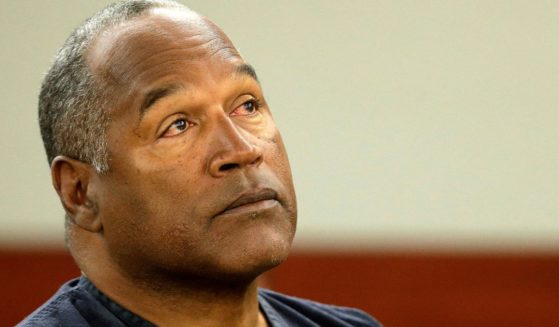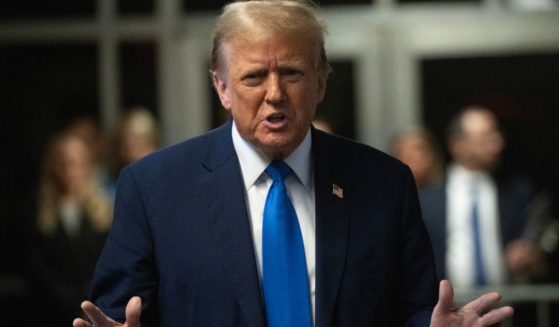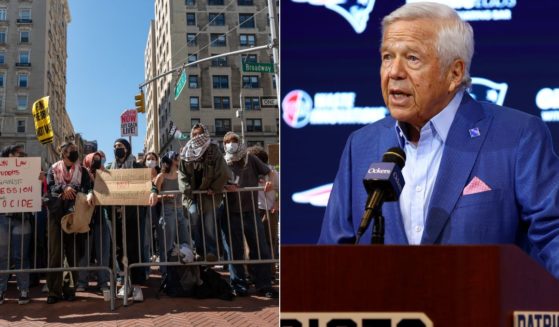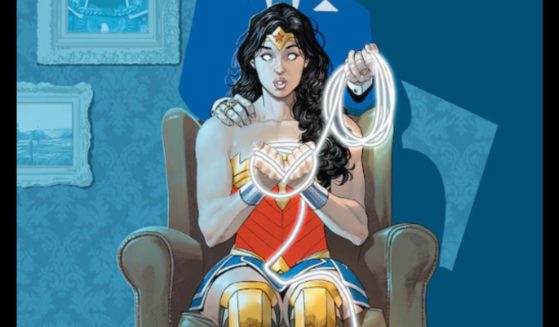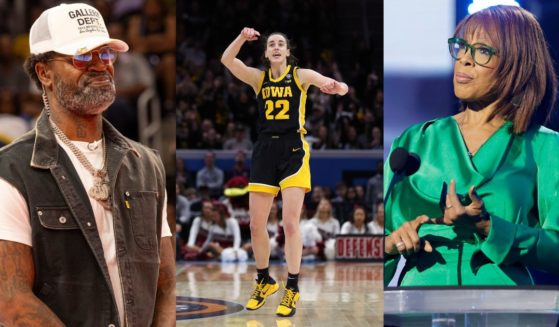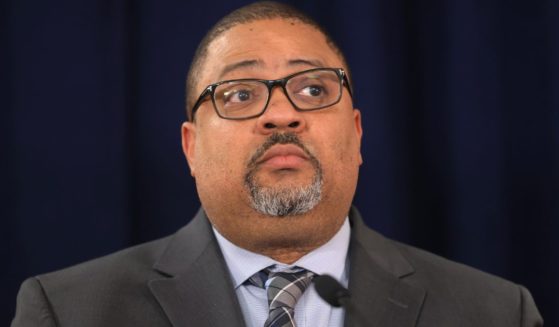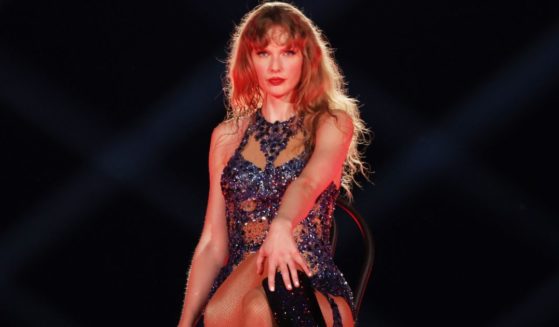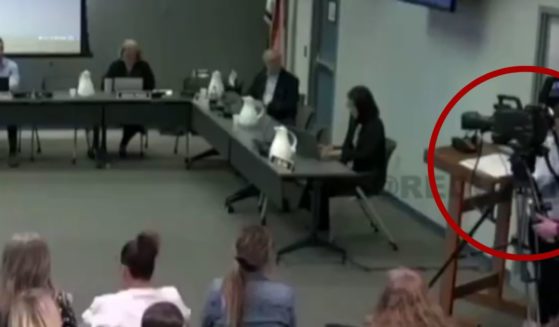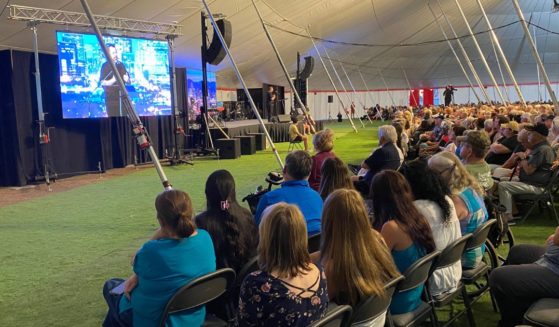NFL Exec Rips the NCAA: 'How in the World Is This Legal?'
The NFL is the last remaining major sports league that treats the NCAA as a partner rather than a competitor.
College baseball is at best an adjunct system to the minor leagues for players interested in getting a degree.
The NBA, despite the emergence of the “one-and-done” and the draft hype that goes with it, has expanded opportunities in its G-League hoping to offer an alternative to college, all while expressing a willingness to once again shut the NCAA out of the high school elite talent pool with the return of prep-to-pro often rumored to be part of the next collective bargaining agreement.
And the Canadian junior hockey system has been to hockey what the minors have been to baseball thanks in large part to the fact that there are so many Canadian and European players who never have reason to involve themselves in the American university system on their way to the pros.
But the NFL? So committed is the league to upholding its partnership with a college game that is guaranteed at least three years of service from incoming freshmen that in 2011, commissioner Roger Goodell allowed an NCAA suspension of Terrelle Pryor to carry over when Pryor turned pro.
Unlike minor league baseball or the NBA G-League or junior hockey, the NCAA is the NFL’s de facto minor league, the pro game going out of its way to avoid stepping on the toes of its partner, from refusing to schedule Saturday games until the college season is over to the aforementioned three-year rule for pro eligibility.
But one anonymous NFL executive isn’t toeing the company line.
“This whole thing stinks,” the executive told Sports Illustrated’s Robert Klemko.
“There’s so much money at the college level, and if good guys aren’t gonna pay you, then the bad guys are,” he said. “The college coaches are always on us about their kids leaving early, and I tell them, until you start paying them, they’re leaving.
“You have these huge TV contracts and you can pay 10 coaches on the staff $1 million but you can’t pay the players? It doesn’t make sense.”
Was talking to an NFL exec for another story and he went off on this tremendous rant on college football and amateurism that I have to share.
“This whole thing stinks…” pic.twitter.com/rQuixmVURo
— Robert Klemko (@RobertKlemko) March 21, 2019
Leaving aside the debate about whether college revenue-sport athletes should be paid, the key point — that a system without avenues for clean money tends to attract dirty money — is one that cannot be ignored, the threat of a pay-for-play scheme always bubbling right below the surface.
The executive went further, at no point mincing words.
“It’s garbage. And everybody knows it’s garbage,” he said. “The NCAA, they’re all crooks. It’s extortion of these players, because they’re all beat up. In April I see 350 physicals and listen to all the injuries and it’s just brutal. They’re 22-years-old and we can’t draft him, or we knock ’em down the board and the doctor says we might be able to get one contract out of him.
“They’re never more marketable than the four years they’re in college. Their stadiums are bigger than ours and everyone paid $100 bucks to get in and $50 to park and the conference has a TV contract and there’s national TV and the players don’t get a dime? How in the world is this legal?”
Consider the comparison with, say, a vendor for a retail store, whose job it is to buy up unprocessed precious stones, polish them into jewelry, then sell the jewelry at wholesale to a jewelry store who then sells the baubles at a generous markup.
In theory, the precious stones are high school football players, the finishing shop is the NCAA, and your local jewelry store is the NFL, the sport of professional football shining like a rich woman’s engagement ring on a sunny Sunday afternoon.
Except according to the executive, so many player injuries ruin the product that this is less a case of college football being a finishing shop and more one of it being a cartoon rendition of a prison where the inmates — played in this metaphor by college coaches — break rocks into dust all day.
That dust then has to be salvaged into something the NFL can sell.
From the business standpoint of the NFL, college football fundamentally sells broken goods that would not be that way had those players never passed through college.
If you run a business and a vendor does that to you, that vendor at best gets replaced and at worst gets sued for delivering shoddy products at premium prices.
The NFL executive points out the fundamental waste of talent that is making someone in the prime of his earning years for the industry he’s in work without pay.
“If you or I were real talented at signing or playing a guitar or rap, we could just go make a bunch of money,” he said. “It’s not like we have to go to some music school and let them reap millions off us first. We can go off on our own. These kids don’t have that option. You throw in the fact that the average NFL career is three years, and it’s just a travesty.”
Granted, this is all ultimately a Shakespearean “tale, told by an idiot, full of sound and fury, signifying nothing.”
After all, minds tend to be made up on this issue, and all the arguments in the world won’t change people’s opinions.
But it is interesting to see that the NFL is perhaps not so united as it at first appears when it comes to the role of the college game in the development of professional players.
Truth and Accuracy
We are committed to truth and accuracy in all of our journalism. Read our editorial standards.
